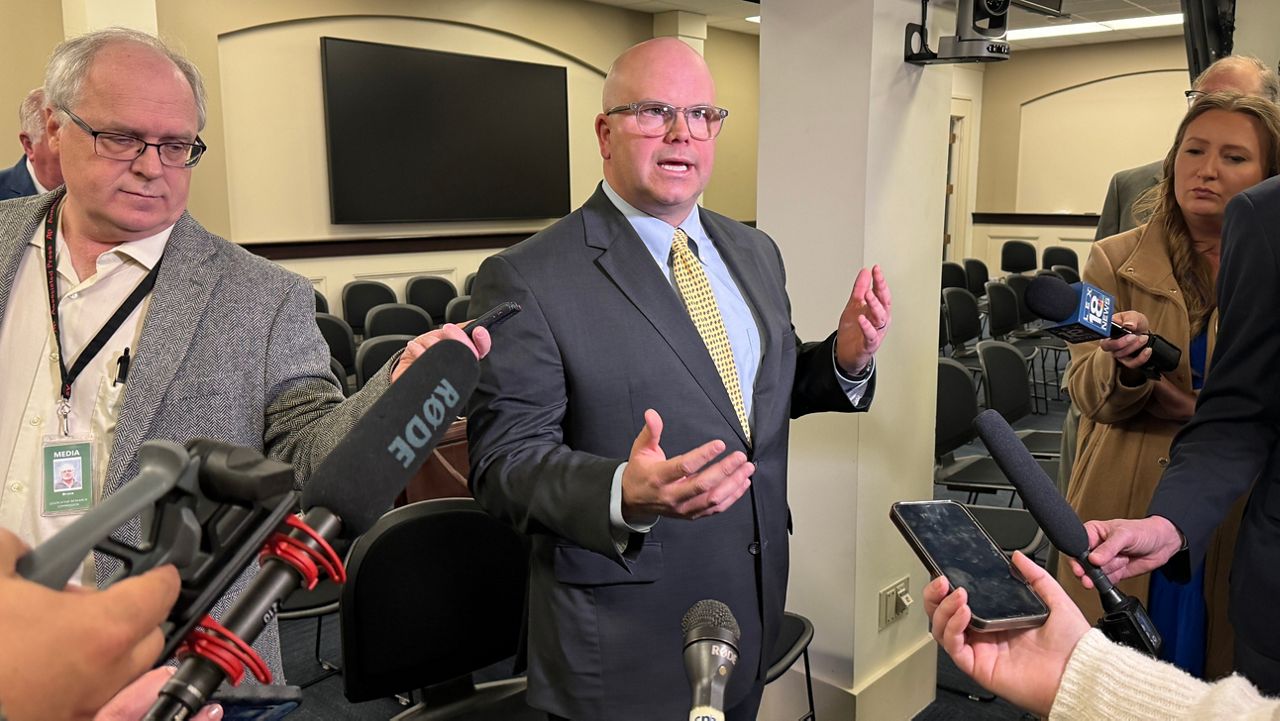FRANKFORT, Ky. — A bill that would change the state’s open records law could soon pass through the legislature.
House Bill 509 reappeared in a Senate committee with new language not made available to the public. The proposed third senate substitute received criticism from several groups for its impact on the decades-old open records law.
“So this bill lives on the fault in between the public’s right to know and the individual’s right to privacy,” State Rep. John Hodgson, R-Fisherville, began in his remarks to lawmakers.
This version narrows the scope of what’s considered a public agency.
“My reading of this is we are exempting every state or local government officer from the provisions of the open records act. Are you reading that the same way that I am?” State Sen. Cassie Chambers Armstrong, D-Louisville, asked Hodgson.
“Oh, absolutely not,” He replied. “No, this is only the definition of public agency. It has nothing to do with the definition of open records.”
Ultimately, after much discussion, State Sen. Phillip Wheeler, R-Pikeville, moved to withdraw the new version, and vote on the version of the bill which passed the House earlier this month.
“I’m happy with that version. If they want to, you know, make some tweaks on the house floor, I’m sure it can always be made better,” Hodgson said.
Hodgson says he filed this bill in response to an ongoing lawsuit surrounding communications between members of the Kentucky Fish and Wildlife Board.
Recently, an appeals court found that communications between board members on personal devices are considered open records. The court case is still ongoing.
HB 509 in its current form says state workers and board members should communicate about official business through a state email, or face consequences, up to termination.
Electing to communicate on personal devices about work would be prohibited.

Michael Abate, an attorney for the Kentucky Press Association, calls this a loophole for bad actors.
“There’s nothing in the bill that just passed the committee that prohibits the use of text messages on personal devices to avoid transparency. It says you should use a government email account if you’re given one, but it doesn’t have any prohibition against using a private device,” Abate said.
The Senate has yet to take up HB 509 as of Wednesday afternoon.




